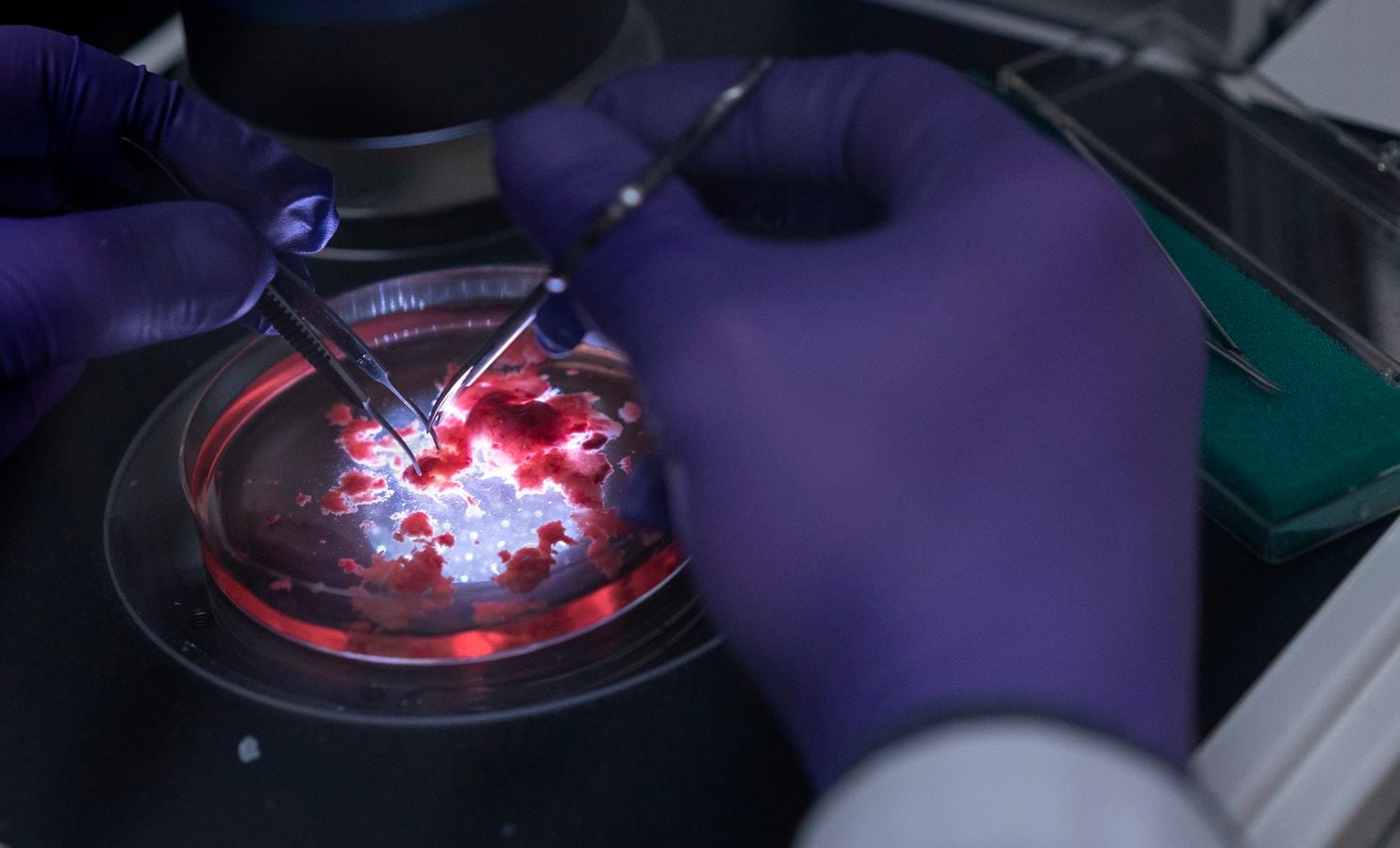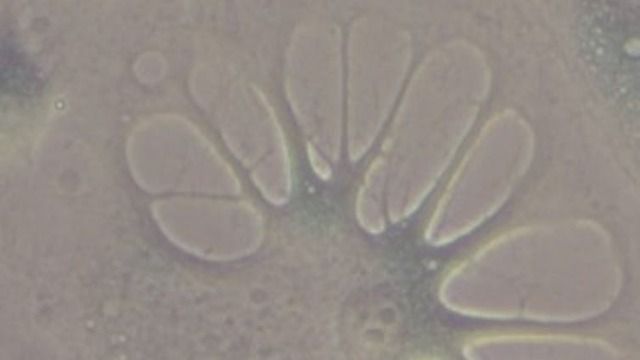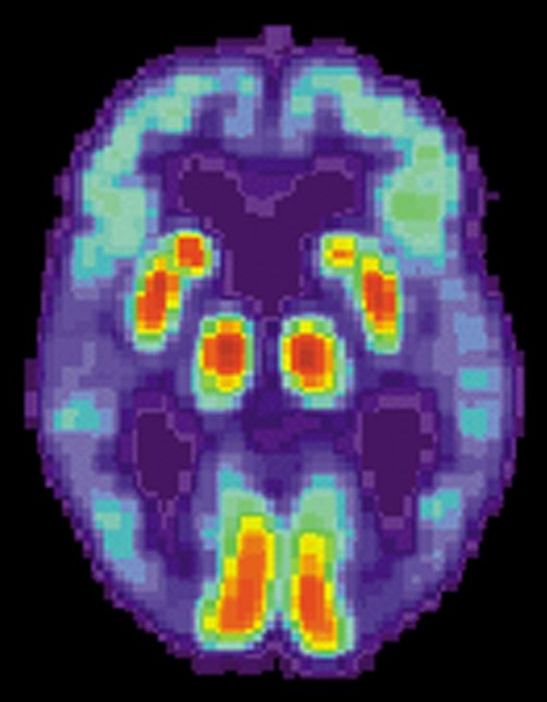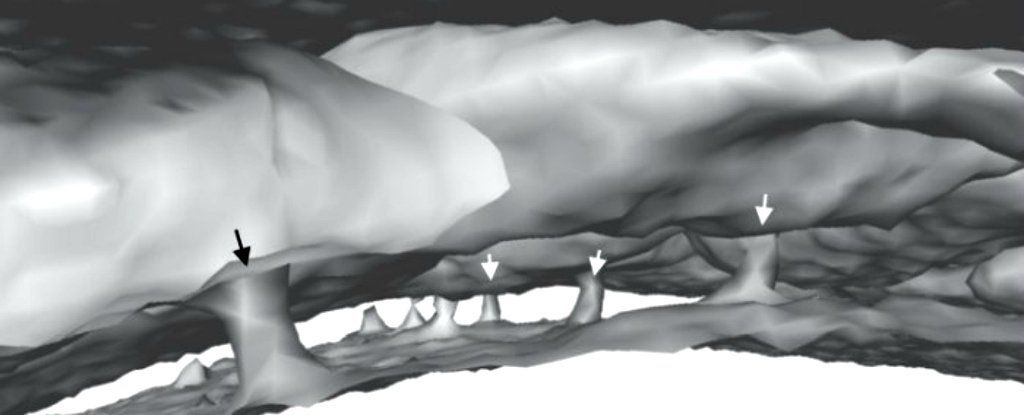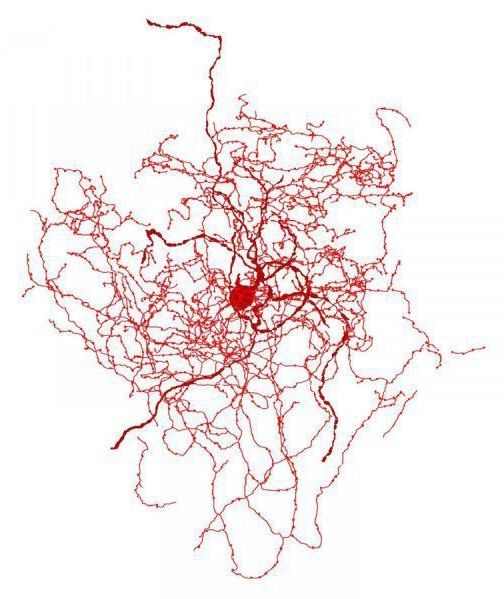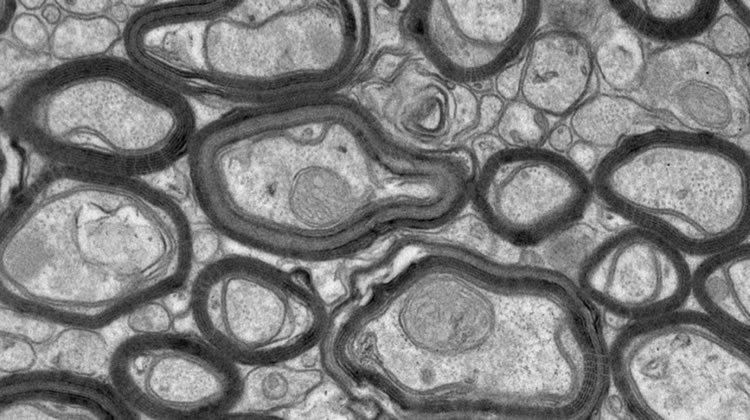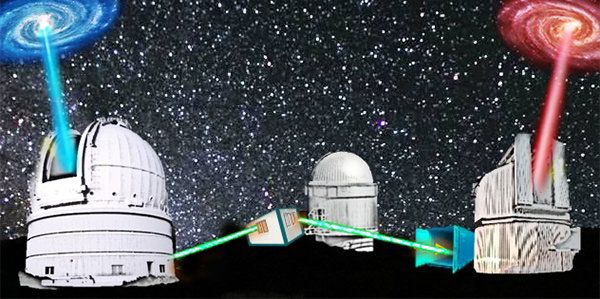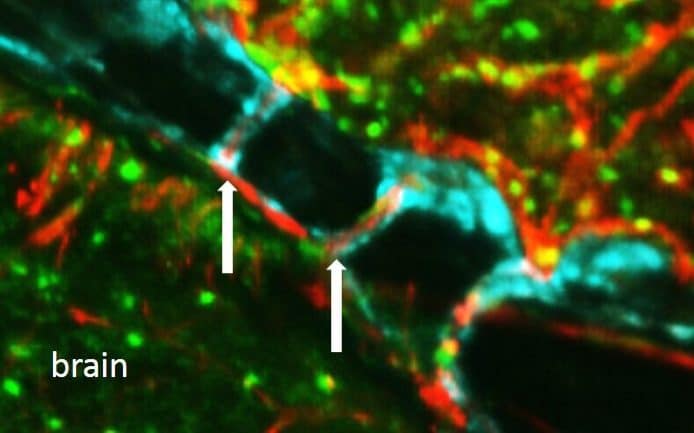Sep 5, 2018
Globally, 1.4 billion adults at risk of disease from not doing enough physical activity
Posted by Bill Kemp in categories: biotech/medical, health, neuroscience
More than a quarter (1.4 billion) of the world’s adult population were insufficiently active in 2016, putting them at greater risk of cardiovascular disease, type 2 diabetes, dementia, and some cancers, according to the first study to estimate global physical activity trends over time. The study was undertaken by researchers from the World Health Organization (WHO) and published in The Lancet Global Health journal.
Together, these estimates demonstrate that there has been little progress in improving physical activity levels between 2001 and 2016. The data show that if current trends continue, the 2025 global activity target of a 10% relative reduction in insufficient physical activity will not be met.
“Unlike other major global health risks, levels of insufficient physical activity are not falling worldwide, on average, and over a quarter of all adults are not reaching the recommended levels of physical activity for good health,” warns the study’s lead author, Dr. Regina Guthold of the WHO, Switzerland.


